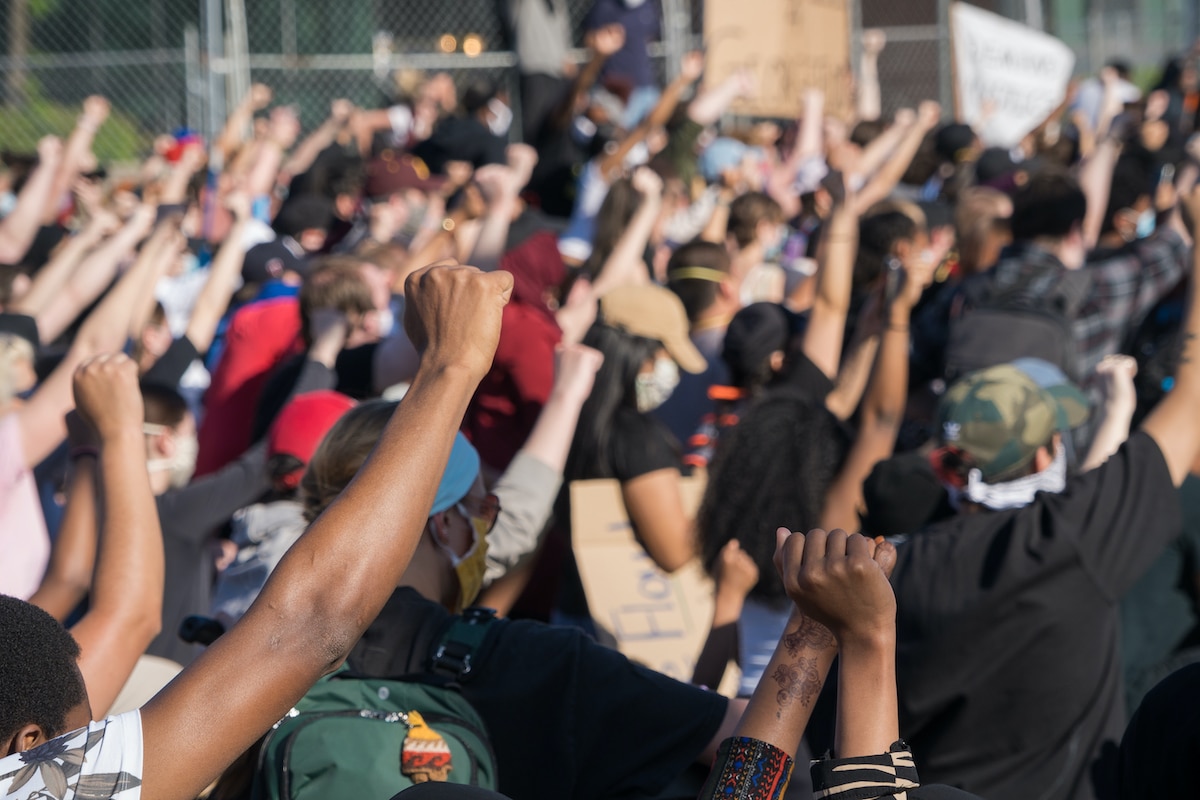As we digest our daily media, we must ask ourselves: Does it represent us fairly, or does it simply reinforce stereotypes?
1. Stereotypical Language
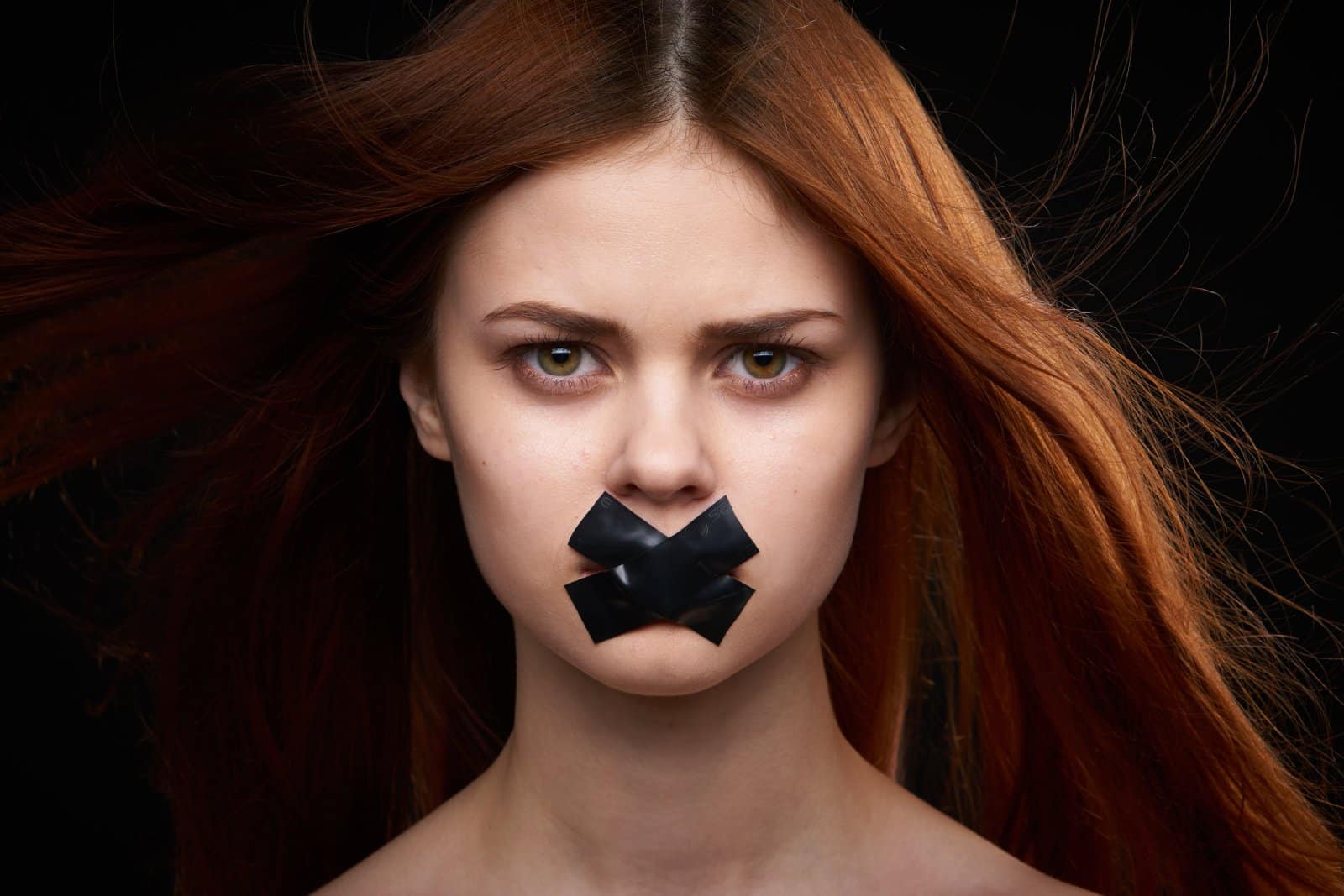
Media often resorts to stereotypical language that pigeonholes entire groups, perpetuating outdated and harmful views.
2. Limited Diversity in Writers

The glaring lack of diversity among media writers limits the perspectives from which stories are told, skewing portrayal towards a singular viewpoint.
3. Cultural Reductionism
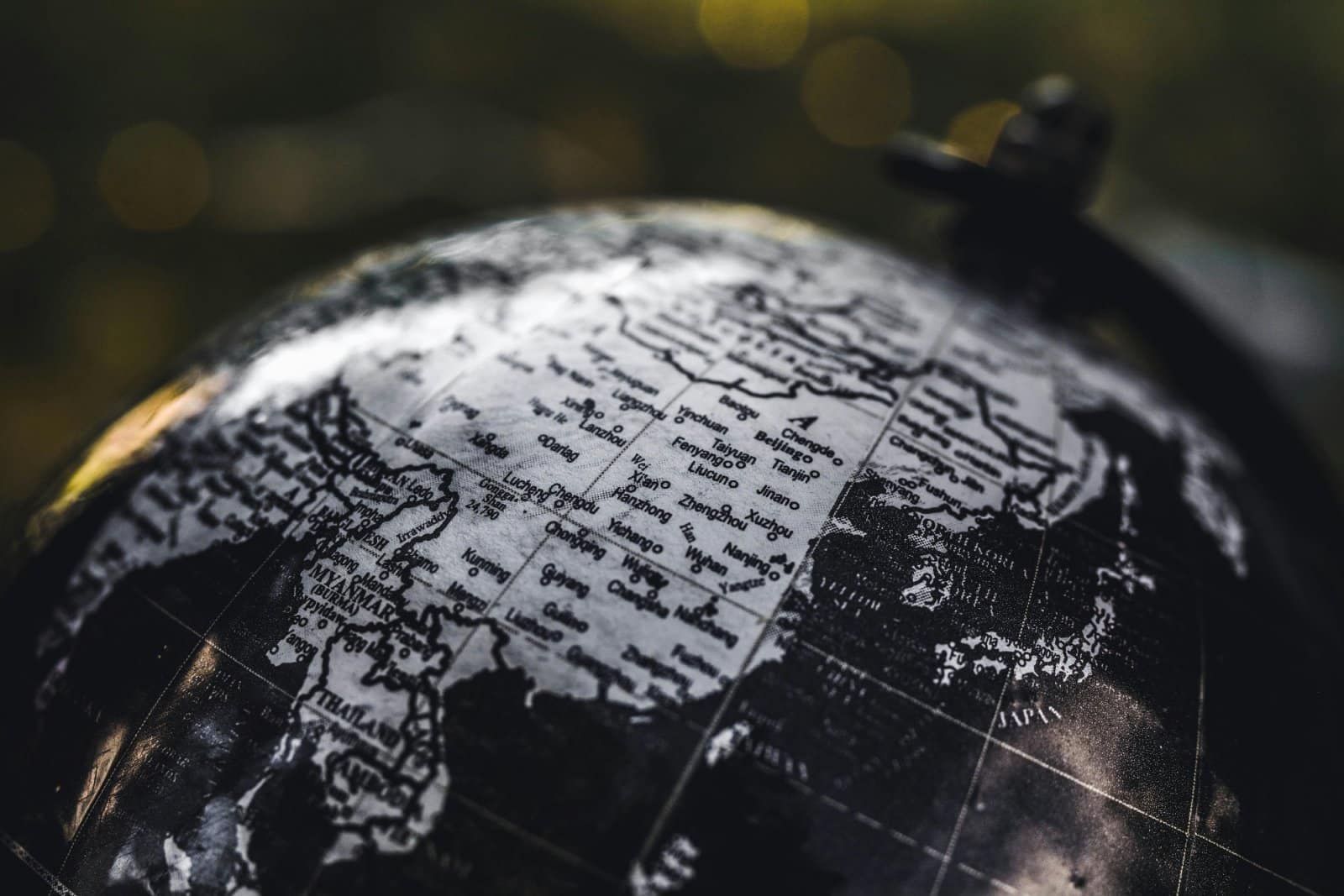
Cultures are complex, yet media frequently boils them down to a handful of tired clichés, stripping away their richness.
4. Offensive Characterizations
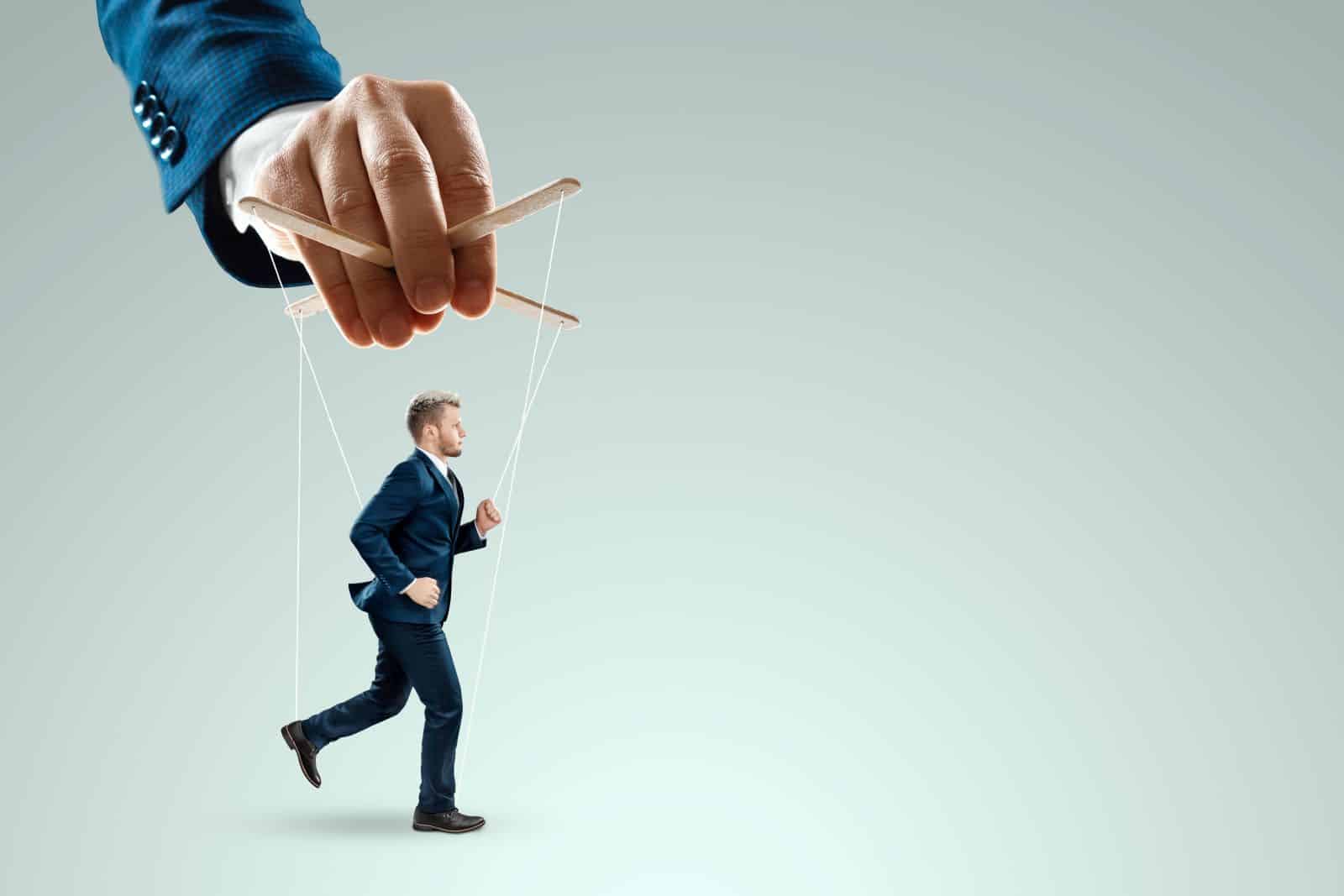
Characters from minority groups are too often depicted using offensive stereotypes, reducing them to caricatures instead of complex individuals.
5. Tokenism
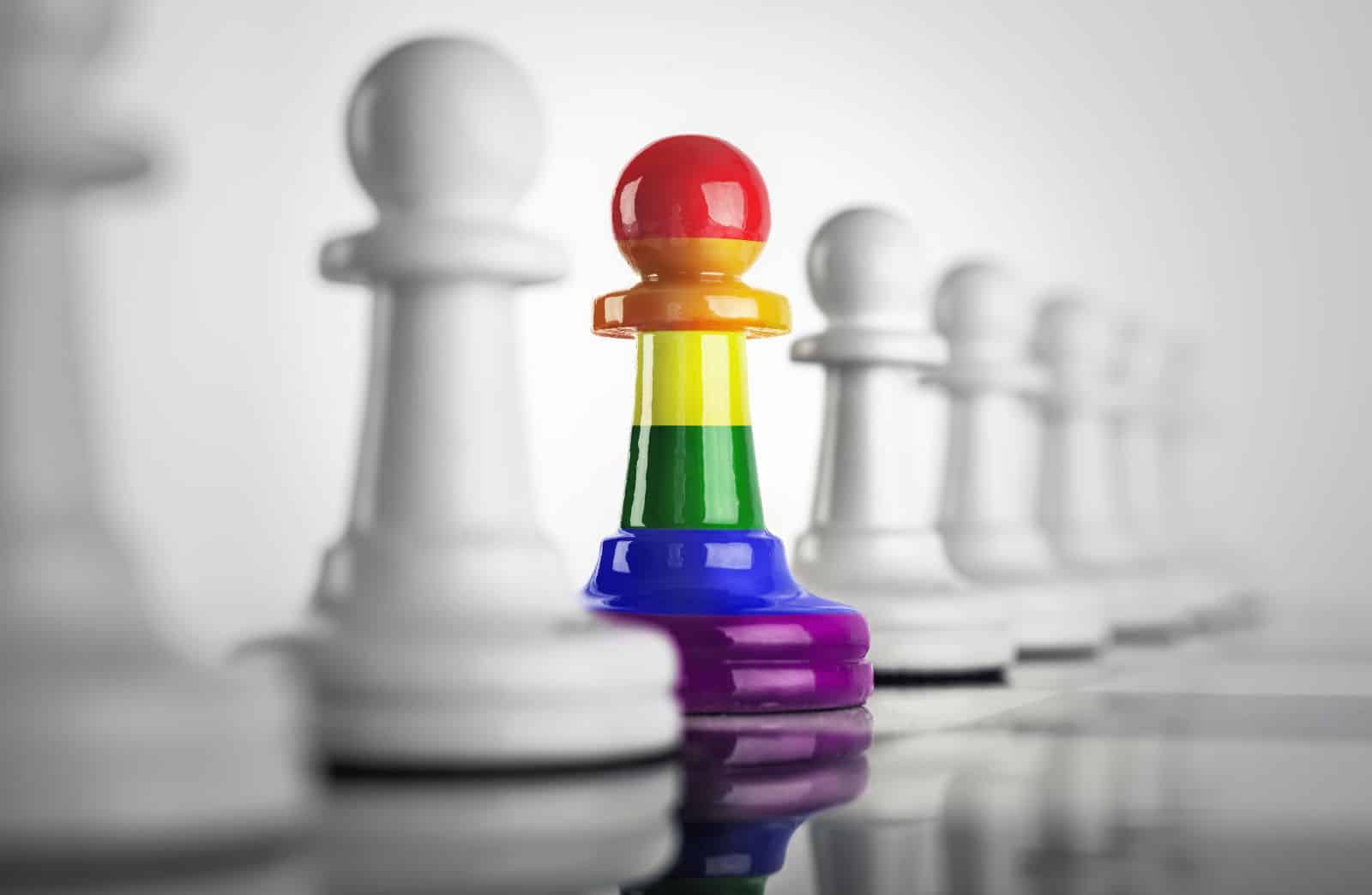
Minority characters in media are frequently included only as tokens, used to claim diversity without giving them meaningful roles or arcs.
6. Narratives of Powerlessness
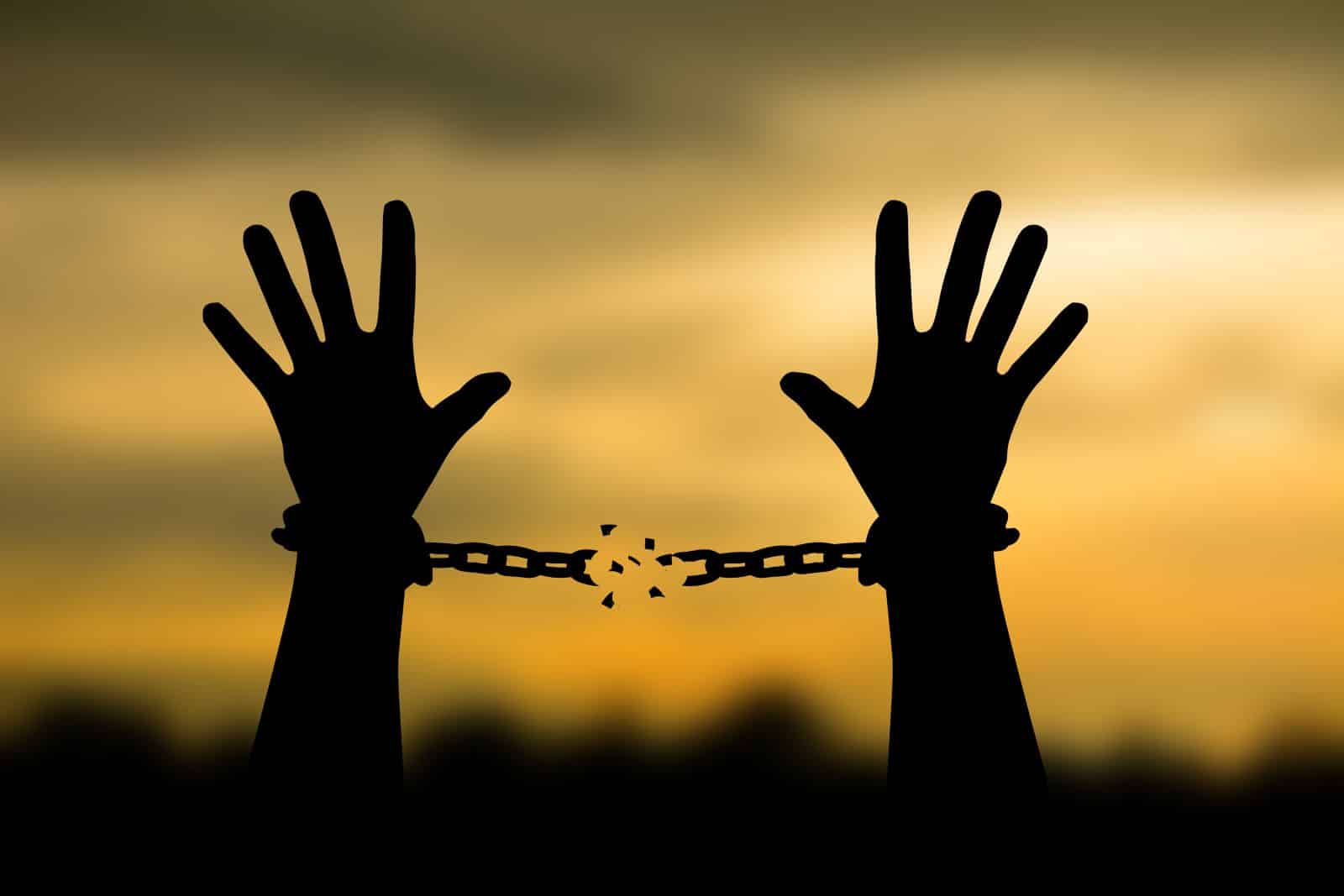
Media narratives often paint marginalized communities as powerless or victims, overlooking stories of empowerment and resilience.
7. Misrepresentation of Accents

Accents are frequently used to typecast characters in specific, often derogatory roles, reinforcing social prejudices.
8. Lack of Authentic Voices

Authentic voices from diverse backgrounds are underrepresented in media, leading to a homogenized view that doesn’t reflect reality.
9. Gender Stereotyping

Gender stereotypes prevail, with roles and characteristics heavily dictated by outdated norms that box individuals into narrow identities.
10. Erasure of LGBTQ+ Identities

LGBTQ+ characters and stories are often erased or sidelined, denying these communities visibility and voice.
11. Whitewashing
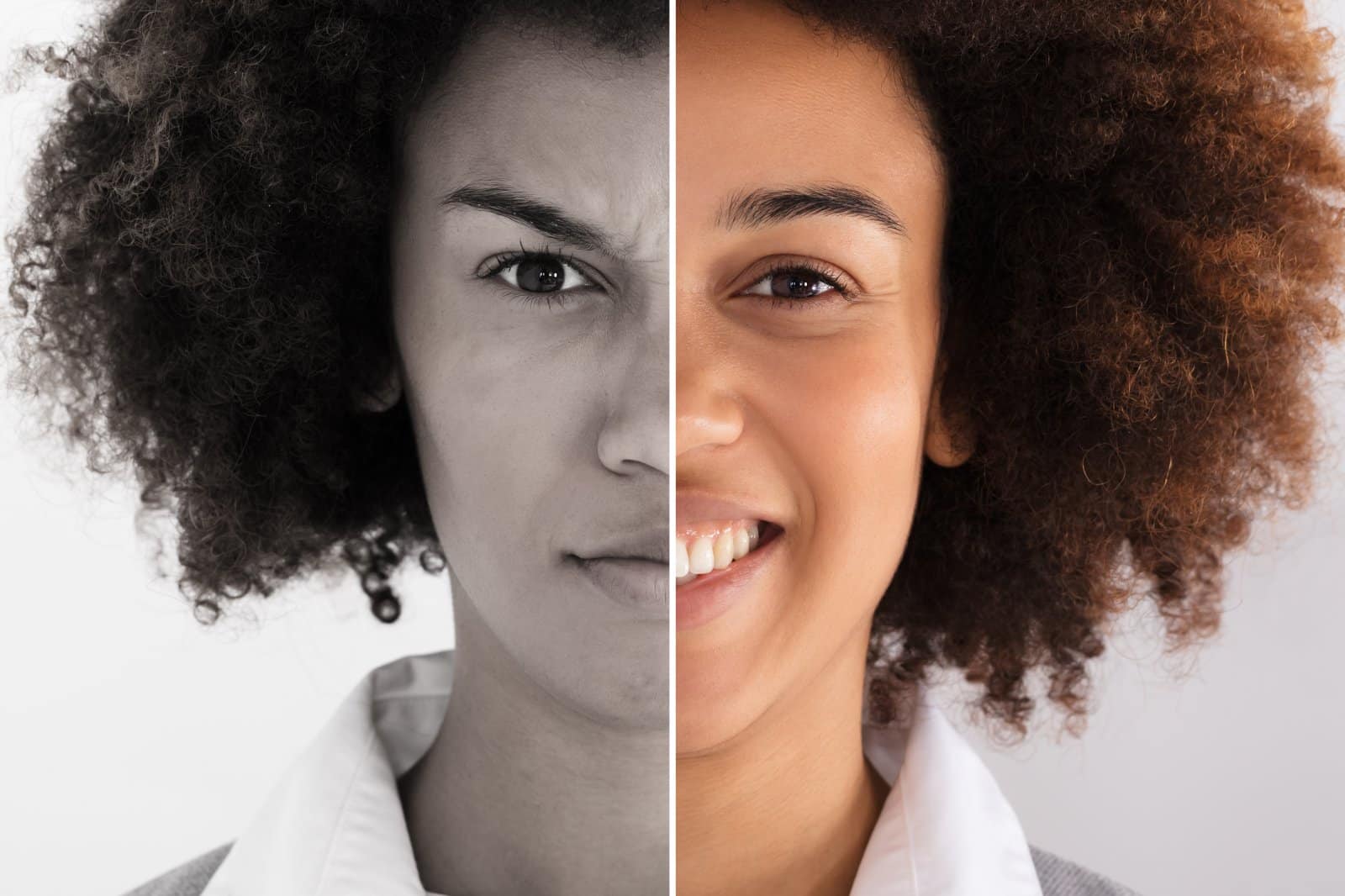
Whitewashing remains a problematic practice, with characters of color portrayed by white actors, erasing racial identity.
12. Over-Sexualization of Women
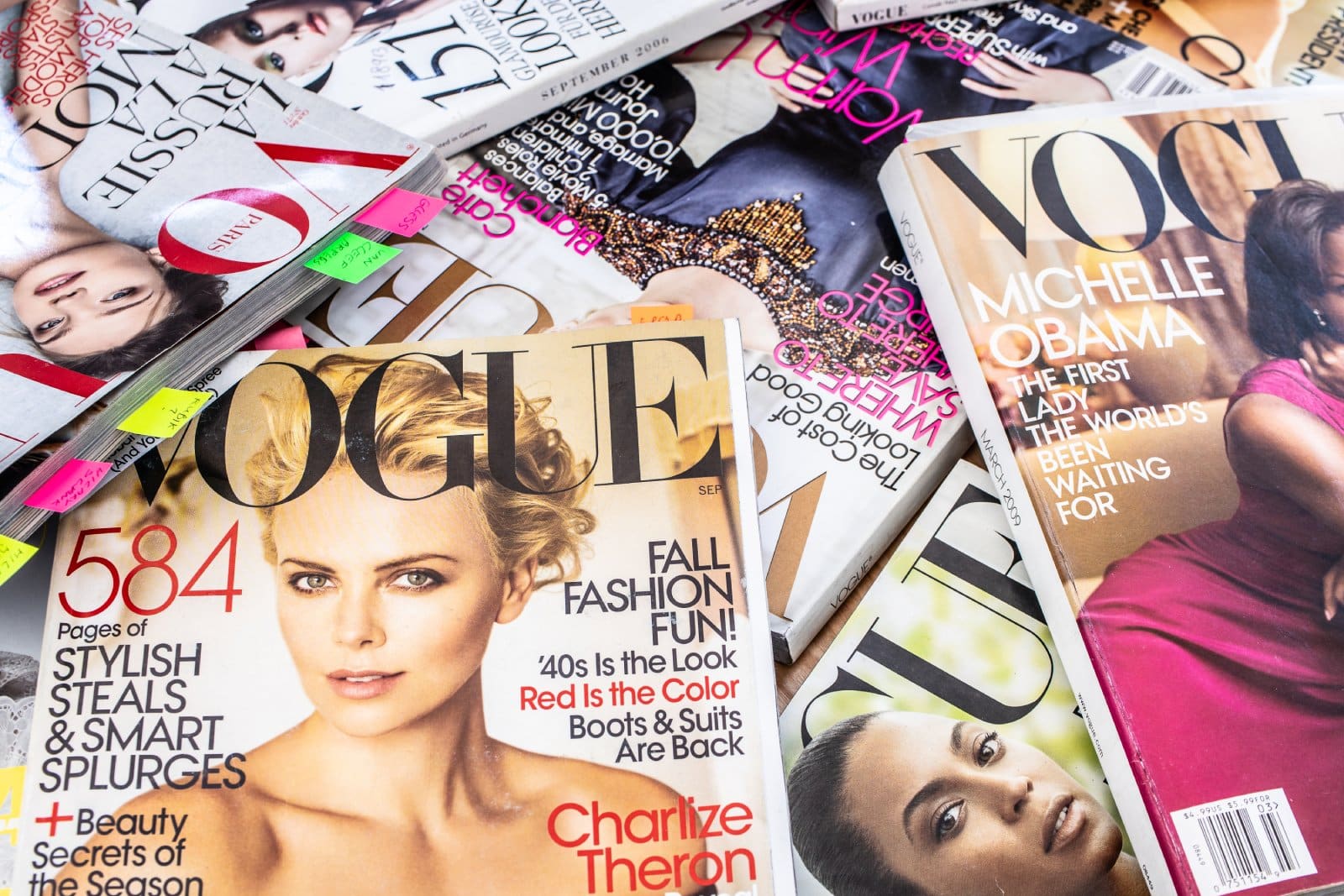
Women are frequently over-sexualized in media, their worth reduced to their physical appearance rather than their capabilities or intellect.
13. Simplification of Complex Issues
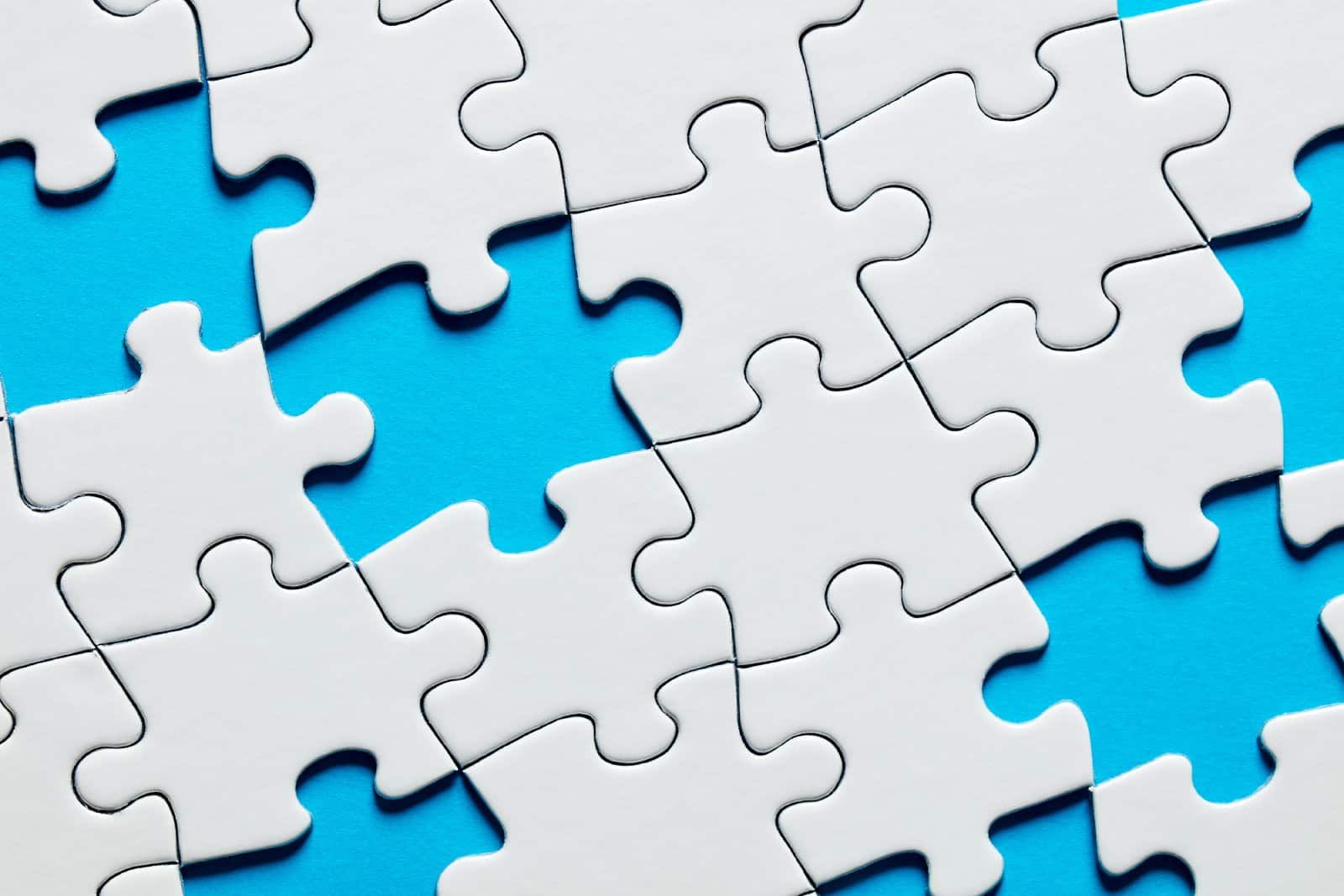
Media tends to oversimplify complex social issues, offering surface-level takes that fail to engage with the nuances.
14. Ageism

Older characters are stereotyped as out of touch or feeble, rarely given roles that reflect the diversity of older individuals’ experiences.
15. Exoticization of the “Other”
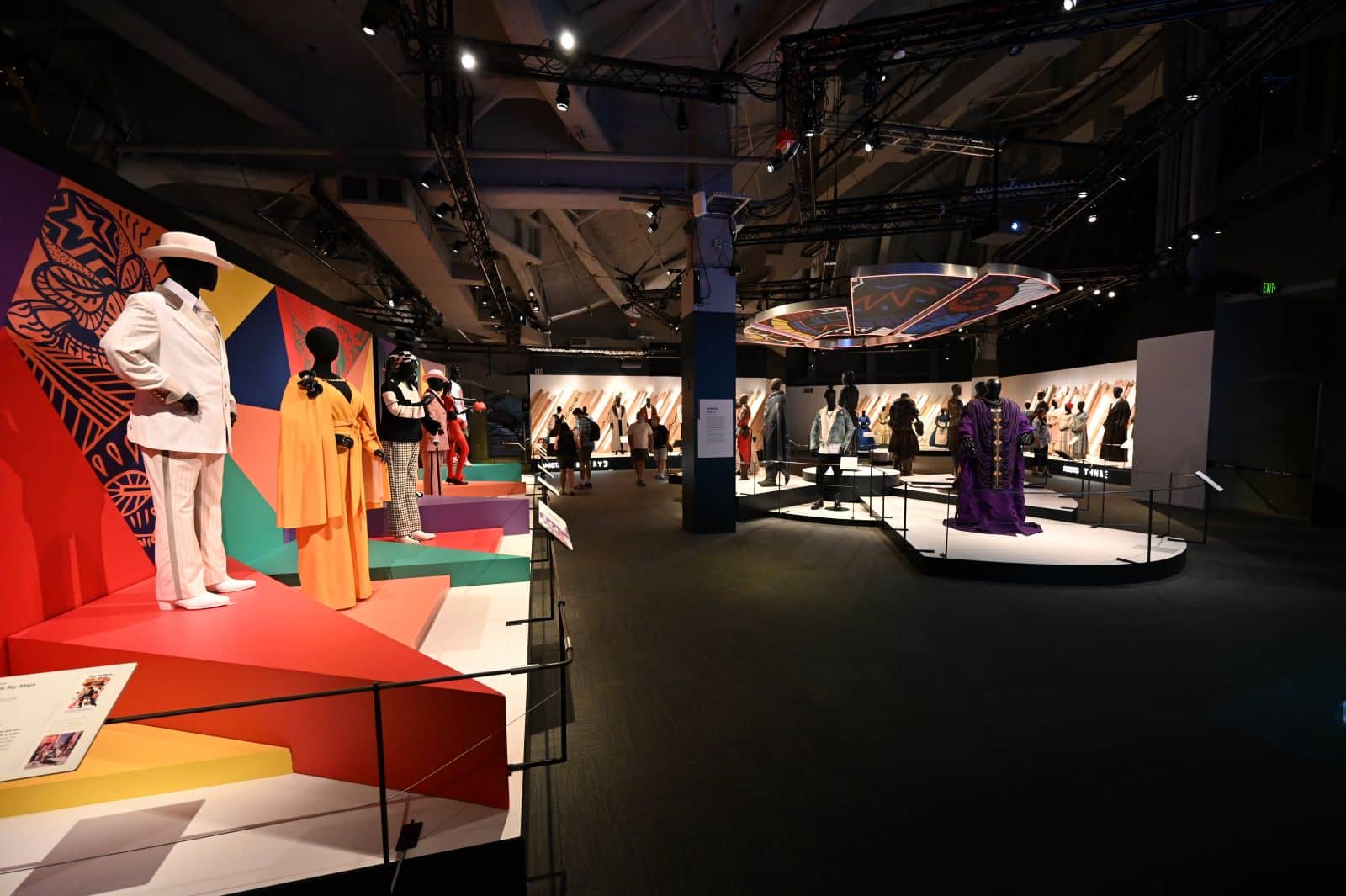
Media often exoticizes people from different backgrounds, presenting them as inherently mysterious or strange, which otherizes them.
16. Disparity in Storytelling
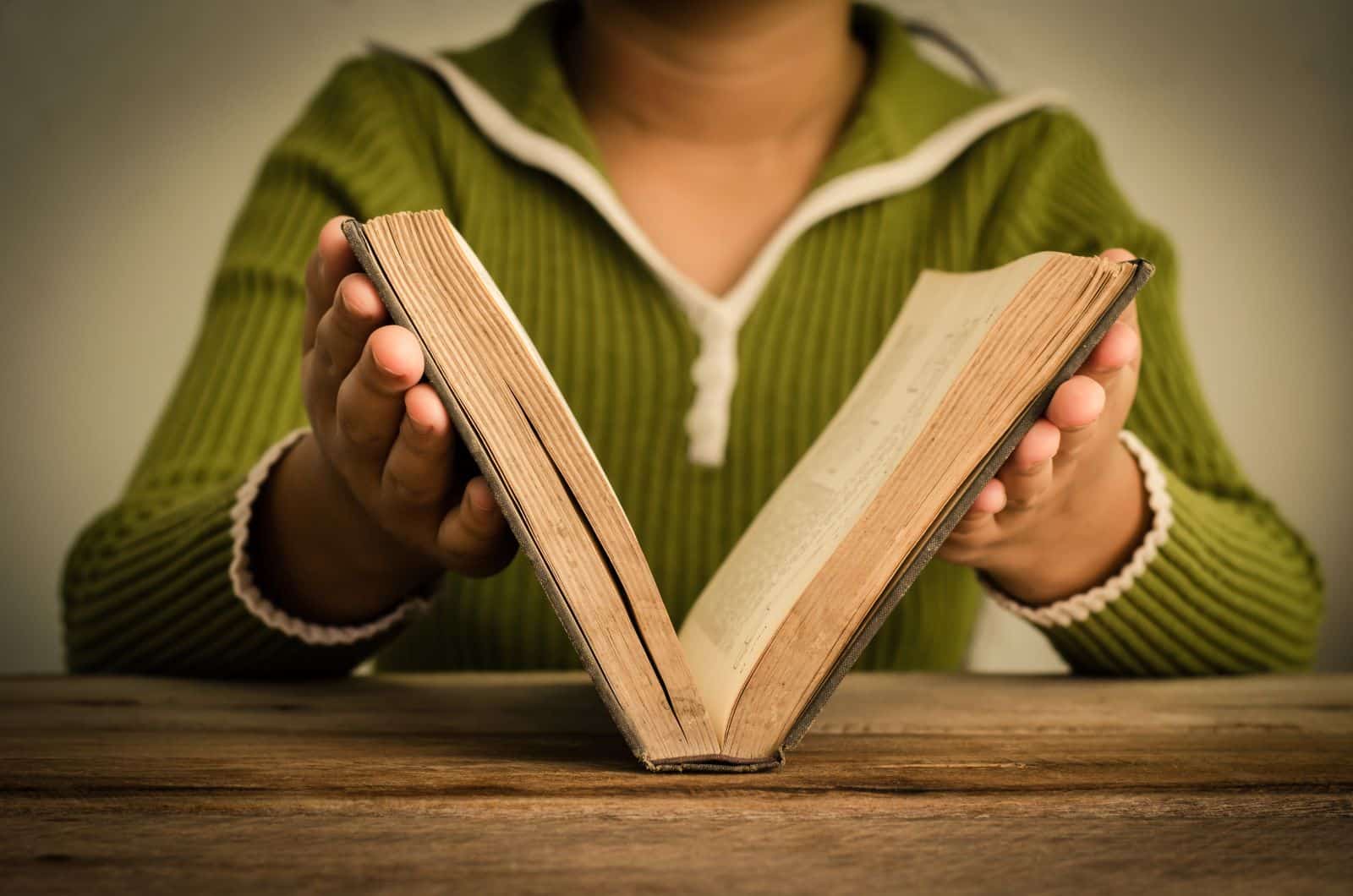
The stories of minority groups are not told as frequently, and when they are, they’re often through a white-centric lens.
17. Impact on Public Perception
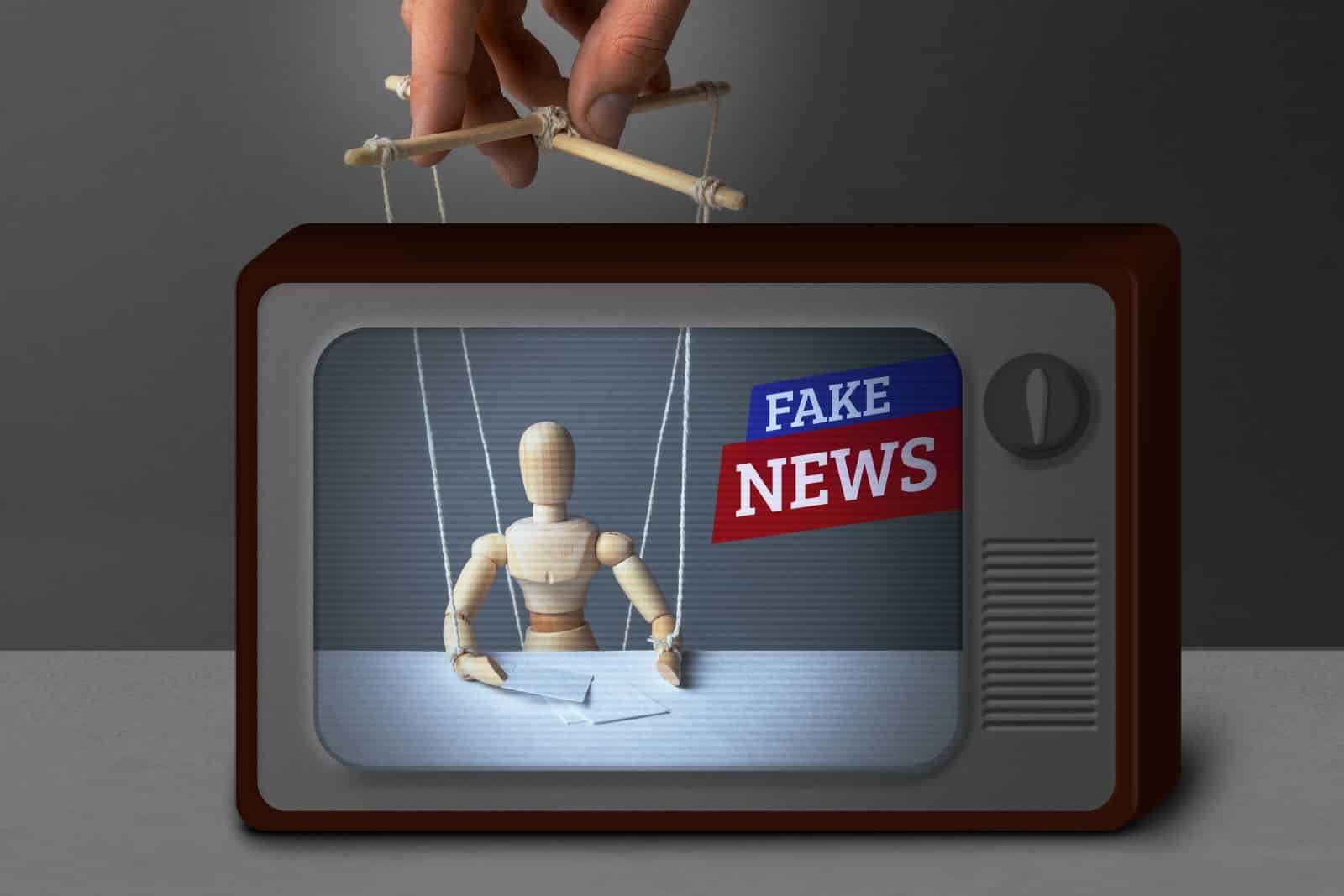
These media practices shape public perception, influencing how people view and treat others in real life.
18. Corporate Influence

Corporate interests dictate much of what gets produced and shown, often prioritizing profit over accurate and fair representation.
A Call for Change
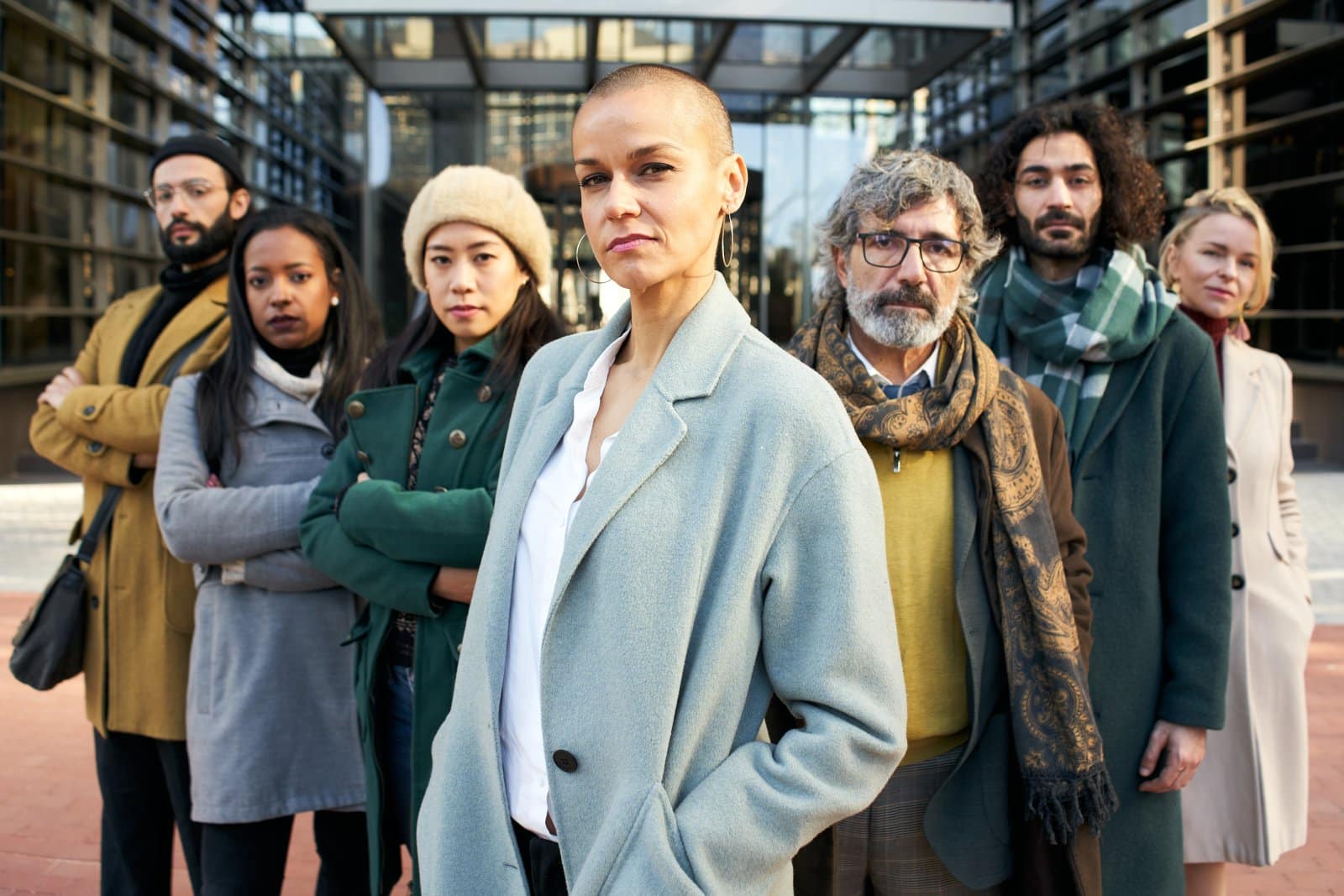
Isn’t it time to demand media that mirrors the true diversity of our society? Let’s push for content that respects and reflects all, not just the few.
The post Polarizing the Press: 18 Ways US Media Is Fueling American Division first appeared on Pulse of Pride.
Featured Image Credit: Shutterstock / David Brickner.

